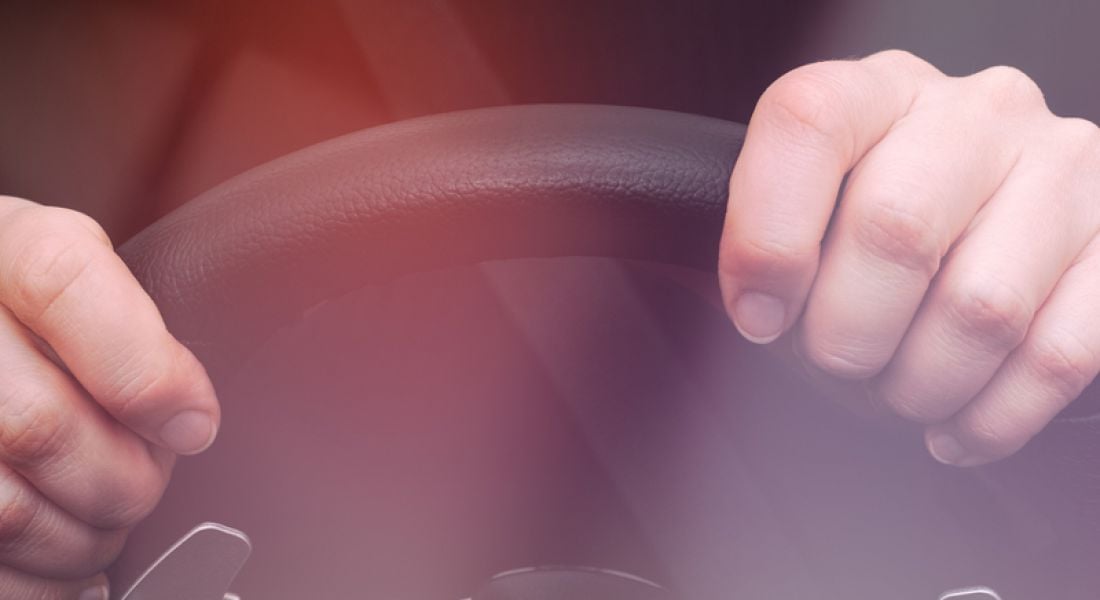The internet of things (IoT) is set to see a synchronisation of data from a range of sources, from your mobile phone and tablet to your car, and even your fridge. Your devices and commodities will have internet connectivity, providing a wealth of data never seen previously. But what jobs will be driving the IoT boom?
As a result, there will be an explosion of data to be interpreted. This will inevitably mean an increased need for data scientists to formulate the algorithms needed to synthesise this data. Data analysts will, in turn, analyse data on an on-going basis to help businesses make informed decisions. Business analysts will become increasingly important, as they understand what it is that the business needs to get from datasets, and their own ability to interrogate data will become part and parcel of their role like never before.
Much of the IoT information will be stored in the cloud, so experts in providing cloud-based solutions will need to create storage big enough to host this volume of data, as well as enabling accessibility to facilitate a two-way process so that the provider of the data (you or me) is also able to consume the data. Hence, we will see an increase in SAN and server consultants.
Security professionals will be needed to guard against breaches in data protection, and to offer us some peace of mind that our data is not being accessed by those we would prefer not to access it.
Back-end developers will be required with skills in languages like NoSQL and, as we accumulate greater amounts of unstructured data in the form of sensory information, in developing non-relational databases.
Mobile app developers will have the opportunity to create apps that can harness data to provide live, up-to-date information that can inform our daily decision making.
Drones are set to be central to IoT, replacing sensors that would have been at rest on buildings, bridges or other infrastructure. Drones offer flexibility in information gathering due to their mobility. They have data collection and processing software, and GPS, built in for geo-processing. They are of huge benefit to organisations in the utility, transport, mining, mapping and energy sectors. They will require infrastructure to host data – usually in the cloud – which in turn will generate more work for the aforementioned storage and server consultants.
IoT careers beyond tech
But the array of jobs that will have direct connections to IoT does not stop at IT.
The critical question at the genesis of all IoT-related pursuits is who exactly should lead their implementation before they become main-stream? Undoubtedly, those with strong data analysis aptitudes will be key, but are IT personnel really best placed to identify the business and, indeed, societal issues that IoT can shed a light on?
Take traffic management as one of the most practical examples of how IoT is going to assist us all in our daily lives.
In a few short years, you will most likely have an app on your phone that, each morning, will suggest the best way for you to commute to work. It will suggest either car, train, Luas or bicycle, based on live traffic patterns that have been correlated using sensors on buildings, cars, bicycles and drones. If you live a 30-minute walk or 10-minute drive from your work or college, your app will give you the best commuting option for that morning, so you don’t end up as one member of a tedious traffic jam.
That app will be developed by mobile developer with skills in languages like Node JS and Java. The algorithms for collating the data will be formulated by a data scientist – all seems very IT, doesn’t it?
However, the sensors will most likely be attached to the vehicles and buildings by engineers, who will have to include the addition of sensors as part of the construction process. Planners from your municipal council will utilise the data provided to produce traffic management plans. Savvy business owners will use the data to increase their sales by targeting customers with special offers as they cycle to work.
Another example of where IoT will combine IT with business change is in marketing.
The ability to analyse data and send marketing content to consumers at the optimum time will be business critical. For example, your trusted fridge will have a sensor that knows when you have run out of milk. This information will be sent to the cloud, and will be available for mass consumption by big business. So, as you mind your own business, walking past your local supermarket, you will get an alert on your phone telling you that there is a special offer on milk.
IoT will combine information like never before to revolutionise the way that we consume goods and services.
The insurance industry is set to be transformed, too, as no longer will premiums be calculated on demographic, but rather on the exact data that individual drivers have generated. For example, a sensor will be fitted to your car to document your driving patterns. Smooth take-offs, not exceeding speed limits and no sudden impacts will potentially see your premium come down, while driving as if you’re in Formula 1 will, in all likelihood, not go in your favour.
IoT presents the opportunity for all of us to no longer work off assumptions, but to work off what the data is telling us, which will make decision making in our daily lives that bit easier. We will continue to see an expanding range of skills within IT and within the broader economy, which will be critical to making this futuristic paradigm a practical reality over the next 10 to 20 years.
Shane Lynott is an IT consultant with Hays Recruitment, specialising in data analytics and business intelligence.
Looking for tech jobs in Ireland? Check out our Featured Employers section for information on companies hiring right now.
Main image via Shutterstock




